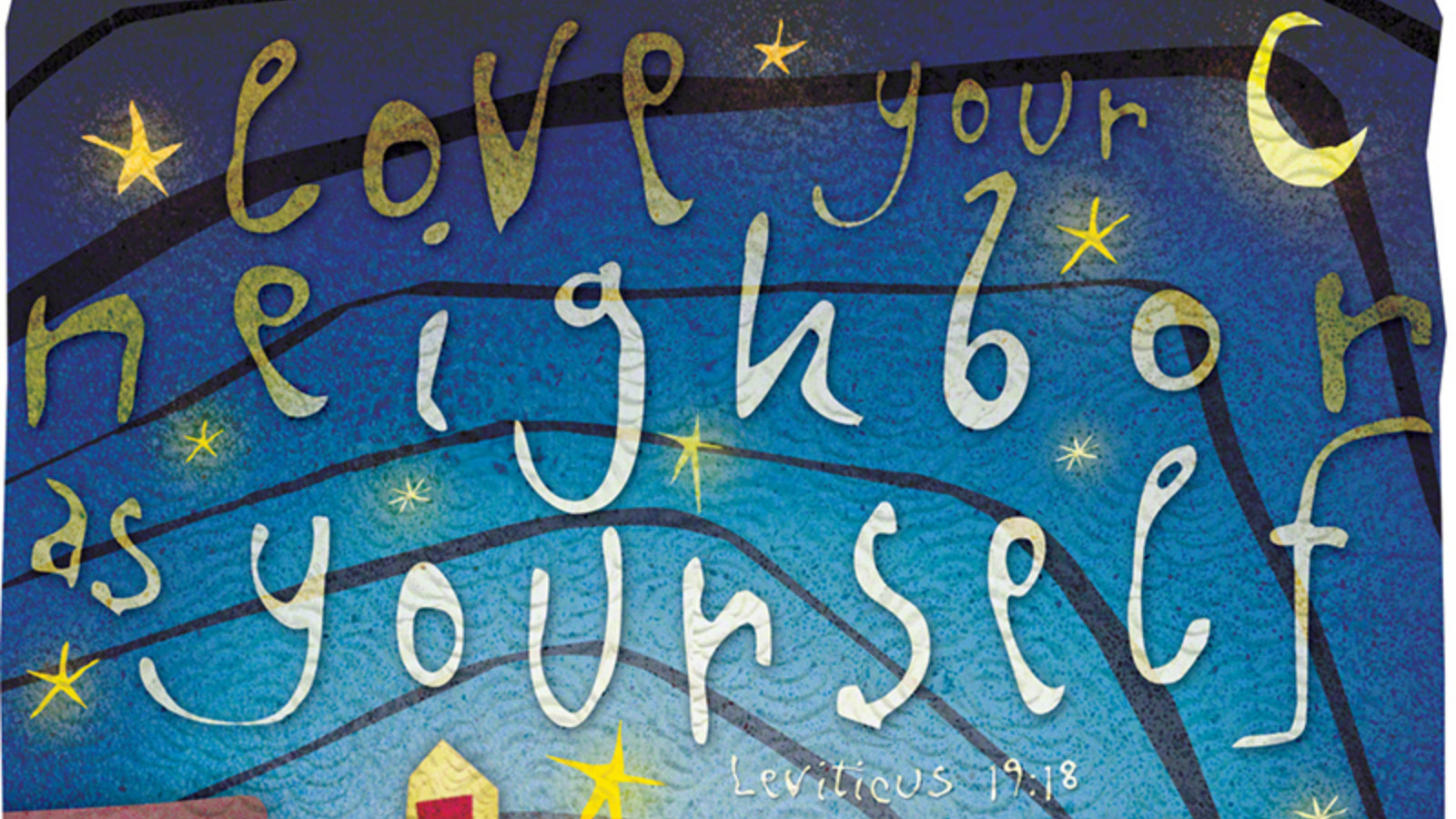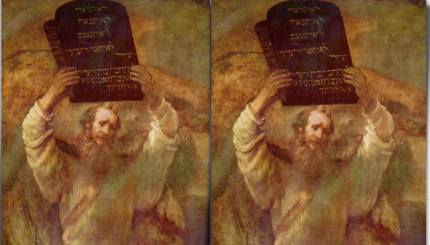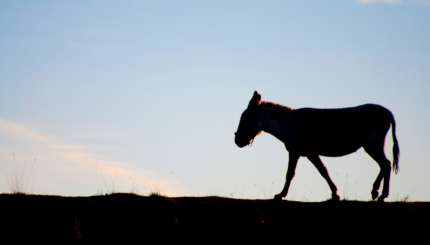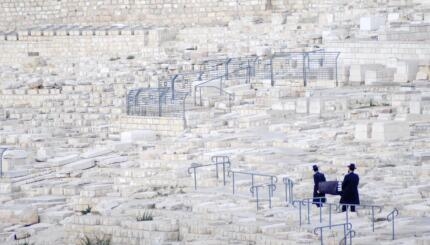Commentary on Parashat Kedoshim, Leviticus 19:1-20:27
As a rabbi, I have been asked many times what it means to be holy. Most literally, the Hebrew word for holy, kadosh, means to set apart or separate. Throughout the Jewish calendar we have days that are holy and days that are not. Shabbat and festivals are holy days that are separate from the other ordinary days of the year. There are behaviors that are deemed holy and others that are not. How do we know which is which?
This week’s Torah portion, Kedoshim, can help us answer this question. It begins with God speaking these words: kedoshim t’heeyu ki kadosh ani adonai eloheichem. You shall be holy, for I, Adonai, your God am holy. What follows is a long list of both ritual and ethical laws through which a holy community and a holy people are created.
Many of the commandments make sense to our modern understandings of what will help create a holy society: revering our parents, leaving the edges of our fields unharvested for those less fortunate, not stealing or being deceitful, paying laborers on time, to name a few. And then there are others that are more difficult for us to understand, such as not allowing the mixing of two kinds of seeds, waiting three years before eating the fruit from a newly planted tree, or not shaving one’s beard. These give us more pause and invite us to delve deeper into how these relate to being holy.
Leviticus 19:28 falls into this latter category. It reads: “You shall not make gashes in your flesh for the dead, or incise any marks on yourselves: I am Adonai.” Why would this be included in the set of laws that create a holy society?
Many ancient Near Eastern cultures practiced these kinds of cuttings on their bodies as mourning rituals, whether it was to ensure that the dead would be prepared for the afterlife or that the bereaved had a way to express their sorrow in a physical way. But this practice was not going to be the Jewish way. Instead of bodily destructive mourning rites, we find stories about our biblical ancestors ripping their garments upon hearing about the death of a loved one. When Jacob saw what he thought was his son Joseph’s coat torn by a wild beast and covered in blood, he tore his garments. So did King David when he heard about the death of King Saul. This tearing of garments, called kriah, has become a familiar part of a Jewish funeral. The tearing provides the mourner a venue to express anger, grief, or sadness. Immediate family members take part in the kriah ritual and wear this torn garment for the week of shiva.
Perhaps this law was a way to set the Israelites apart from the other cultures that were performing these kinds of mourning rites. Although it disagrees with the modality of this particular mourning ritual, the Torah nevertheless understood the importance of allowing people to express their grief in a ritualistic way. But the Jewish way would be not through bodily harm.
For us who are the inheritors of this Torah, we learn from this week’s portion how to create a life of holiness, an important part of which includes treating our bodies with care and respect. Even when we are grieving, feeling heartbroken, angry or misunderstood, our mourning rituals require us to take care of ourselves. This is not an easy task. Many mourners may want to refrain from showering or eating. Sleeping through the night may also become a challenge. And yet, the Torah enjoins us not to harm our bodies, the vessels that house our divinity, the holy spark of God residing within each of us. When we are able to accomplish this, we can then live into what it truly means to be kadosh.
This article initially appeared in My Jewish Learning’s Reading Torah Through Grief newsletter on May 11, 2024. To sign up to receive this newsletter each week in your inbox, click here.
Looking for a way to say Mourner’s Kaddish in a minyan? My Jewish Learning’s daily online minyan gives mourners and others an opportunity to say Kaddish in community and learn from leading rabbis.



